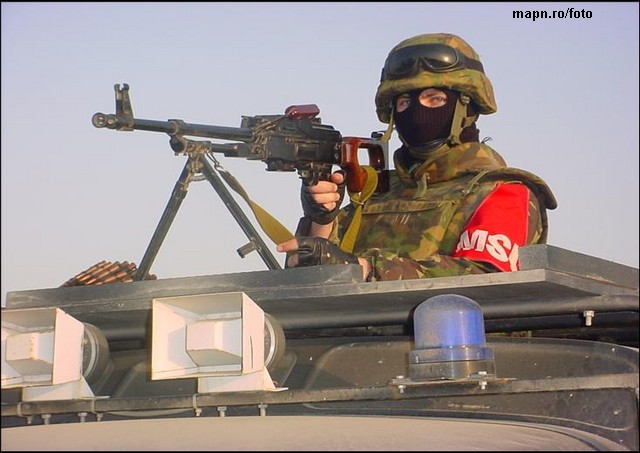Romania and the international security

Mihai Pelin, 12.02.2016, 13:25
Romania will
send military instructors to Iraq as part of the international coalition
fighting the Islamic State. Romania will contribute 50 trainers, personnel and
military intelligence as well as special and ground forces. President Klaus
Iohannis asked Parliament to approve this mission that will unfold for one year.
The topic of
increasing the coalition’s capability to fight ISIS has been tackled recently
at NATO’s defence ministers’ meeting in Brussels. At the request of the United
States, the Alliance has pledged to contribute surveillance planes in fighting
the terrorist group.
Romanian defence
Minister Mihnea Motoc, who attended the meeting, has explained that NATO’s
decision to support the anti-ISIS coalition is the result of a shift in the
alliance’s strategy and targets the Islamic State’s activity within Iraq’s
borders. Mihnea Motoc also talked about Romania’s contribution to the
coalition:
Romania, which
has been part of the anti-ISIS coalition for some time now, will contribute
with military instructors and trainers of the special forces. We will send 50
military to Iraq to carry out advisory and training missions to develop these
capabilities among the ranks of the Iraqi army.
Another
important decision taken by the NATO defence ministers is that the Alliance
will help Europe crackdown on criminal networks in the Aegean Sea smuggling
migrants into Europe. It was also decided to strengthen NATO’s eastern flank to
defend central and east-European states from Russia’s threats. Consequently,
additional troops will be temporarily stationed in Romania, Bulgaria, Poland
and the Baltic countries. This is a historic decision, against the background
of NATO-Moscow relations having reached their lowest point since the end of the
Cold War.
NATO’s Secretary
General Jens Stoltenberg has said that the Alliance’s presence in the East will
be as large as necessary, and its purpose is to strike a balance between the
ground forces and quick-reaction reinforcement troops. Minister Motoc has
assured the allied states that the anti-missile system in Deveselu, southern Romania,
which contributes to the NATO defence strategy in the region, will be rendered
operational in 2016 as scheduled and has reiterated Romania’s pledge to
increase the defence budget. He has also said that Romania also sticks to its
commitments in Afghanistan, where it has 611 military.






























